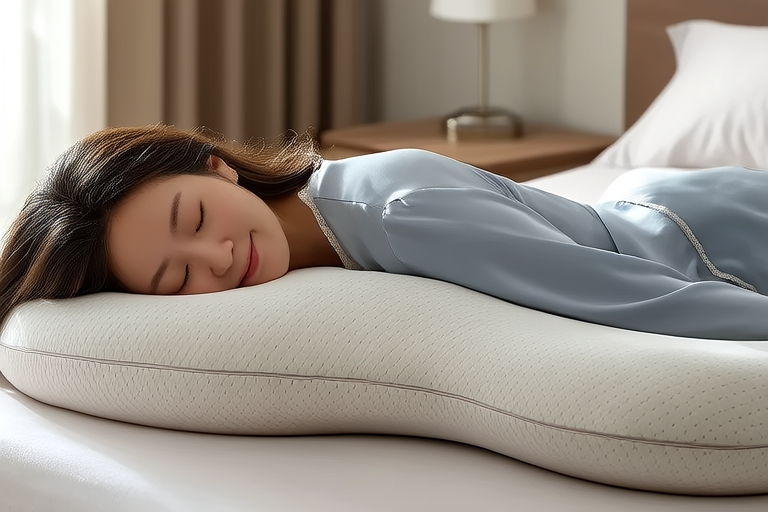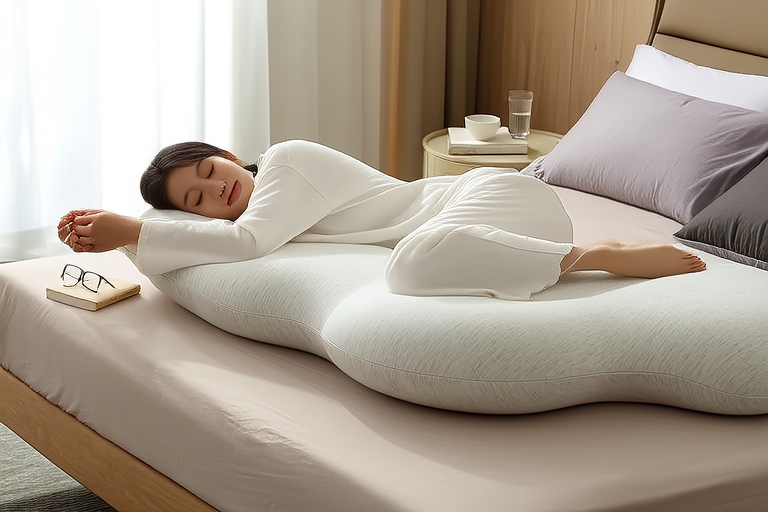Unlocking the Secrets to Better Sleep: Your Ultimate Guide to Sleep Health
Sleep is one of the most fundamental pillars of health, yet it is often overlooked in our fast-paced, modern lives. Quality sleep is not just about feeling rested; it plays a critical role in physical recovery, mental clarity, emotional balance, and overall well-being. In this comprehensive guide, we will explore why sleep matters, common obstacles to restful nights, and actionable strategies to improve your sleep quality.
The Importance of Sleep for Overall Health
Sleep is far more than a period of rest—it’s a time when your body performs essential functions that support your health. During sleep, your brain consolidates memories, processes emotions, and clears out toxins. Meanwhile, your body repairs tissues, balances hormones, and strengthens the immune system. Chronic sleep deprivation has been linked to serious health issues such as obesity, diabetes, cardiovascular disease, and even a weakened immune response.
Adequate sleep also enhances cognitive performance, decision-making, and creativity. Studies show that individuals who consistently get 7-9 hours of sleep per night perform better at work, maintain healthier relationships, and experience fewer mood swings compared to those who are sleep-deprived. Prioritizing sleep isn’t just a luxury—it’s a necessity for thriving in every aspect of life.
Common Sleep Disorders and Their Impact
While occasional sleepless nights are normal, persistent sleep issues may indicate an underlying disorder. Understanding these conditions can help you identify potential problems and seek appropriate solutions.
Insomnia
Insomnia is characterized by difficulty falling asleep, staying asleep, or waking up too early. It can be caused by stress, anxiety, poor sleep habits, or medical conditions like chronic pain. Left untreated, insomnia can lead to fatigue, irritability, and impaired concentration.
Sleep Apnea
Sleep apnea is a condition where breathing repeatedly stops and starts during sleep. This disrupts rest and reduces oxygen levels in the body, increasing the risk of heart disease and stroke. Common symptoms include loud snoring, gasping for air during sleep, and excessive daytime sleepiness.
Restless Legs Syndrome (RLS)
RLS causes uncomfortable sensations in the legs, accompanied by an irresistible urge to move them. These symptoms typically worsen at night, making it difficult to fall asleep or stay asleep.
Circadian Rhythm Disorders
These disorders occur when your internal body clock is misaligned with your environment. Shift workers, frequent travelers, and individuals with irregular schedules are particularly susceptible. Symptoms include insomnia, daytime fatigue, and difficulty concentrating.
If you suspect you have a sleep disorder, consult a healthcare professional for diagnosis and treatment options. Addressing these issues early can significantly improve your quality of life.
Practical Tips for Improving Sleep Quality
Achieving better sleep doesn’t require drastic changes—small, consistent adjustments can make a big difference. Here are some practical tips to enhance your sleep hygiene:
Establish a Consistent Sleep Schedule
Going to bed and waking up at the same time every day helps regulate your circadian rhythm. Even on weekends, try to stick to your routine to avoid disrupting your natural sleep-wake cycle.
Create a Relaxing Bedtime Routine
Engage in calming activities before bed, such as reading, meditating, or taking a warm bath. Avoid stimulating tasks like working or scrolling through your phone, as blue light exposure can interfere with melatonin production.
Limit Caffeine and Alcohol Intake
Caffeine is a stimulant that can stay in your system for up to six hours, making it harder to fall asleep. Similarly, while alcohol may initially make you feel drowsy, it disrupts the later stages of sleep, leading to fragmented rest.
Optimize Your Bedroom Environment
Your sleeping space should be conducive to relaxation. Keep your room cool, dark, and quiet, and invest in a comfortable mattress and pillows. Consider using blackout curtains, earplugs, or a white noise machine if necessary.
Manage Stress and Anxiety
Stress is a major contributor to sleep problems. Practice mindfulness techniques, journaling, or deep breathing exercises to calm your mind before bed. If racing thoughts persist, try writing down your worries to address them the next day.
The Role of Diet and Exercise in Sleep
What you eat and how active you are during the day can profoundly influence your sleep quality. Making mindful choices in these areas can set the stage for restorative rest.
Nutrition and Sleep
A balanced diet rich in whole foods supports optimal sleep. Foods containing tryptophan, magnesium, and melatonin—such as turkey, nuts, bananas, and cherries—can promote relaxation. Conversely, heavy meals, spicy foods, and sugary snacks close to bedtime may cause discomfort and disrupt sleep.
Staying hydrated is also important, but avoid drinking large amounts of water right before bed to prevent nighttime awakenings for bathroom trips.
Exercise and Sleep
Regular physical activity improves sleep duration and quality by reducing stress and promoting deeper rest. Aim for at least 30 minutes of moderate exercise most days of the week. Activities like yoga, walking, or swimming are excellent options, especially in the morning or afternoon.
However, avoid vigorous workouts within two hours of bedtime, as they can elevate your heart rate and make it harder to wind down.
How to Create an Ideal Sleep Environment
Your bedroom should serve as a sanctuary for sleep. By optimizing your surroundings, you can create a space that encourages relaxation and minimizes distractions.
Control Light Exposure
Light signals your brain whether it’s time to be awake or asleep. Dim the lights in your home an hour before bed to signal to your body that it’s time to wind down. Use blackout curtains or an eye mask to block out external light sources during the night.
Regulate Temperature and Humidity
An overly warm or cold room can interfere with sleep. The ideal temperature for most people is between 60-67°F (15-19°C). Adjust your thermostat accordingly and use breathable bedding materials to stay comfortable.
Minimize Noise Disturbances
Noise can disrupt your sleep cycle, even if you don’t fully wake up. Use earplugs, a fan, or a white noise machine to drown out disruptive sounds. If you live in a noisy area, consider soundproofing measures like rugs or thick curtains.
Invest in Comfortable Bedding
Your mattress and pillows play a crucial role in supporting your body throughout the night. Choose products that suit your sleeping position and preferences. Replace old or worn-out items to ensure maximum comfort.
Conclusion
Sleep is a cornerstone of health and happiness, yet many people struggle to achieve the rest they need. By understanding the importance of sleep, recognizing common disorders, and implementing practical strategies, you can take control of your sleep health. Focus on creating a consistent routine, nourishing your body with proper nutrition and exercise, and designing a sleep-friendly environment.
Remember, improving sleep quality is a journey, not an overnight fix. Be patient with yourself and celebrate small victories along the way. With dedication and the right tools, you can unlock the secrets to better sleep and enjoy the countless benefits it brings to your life.










